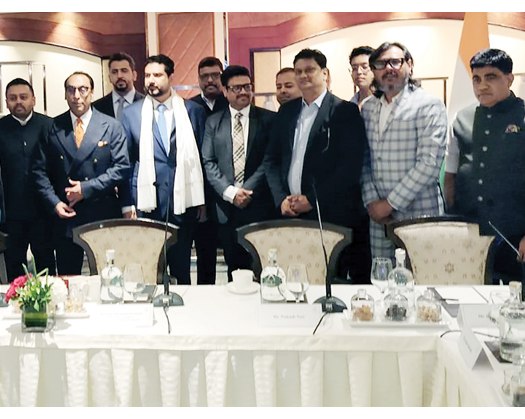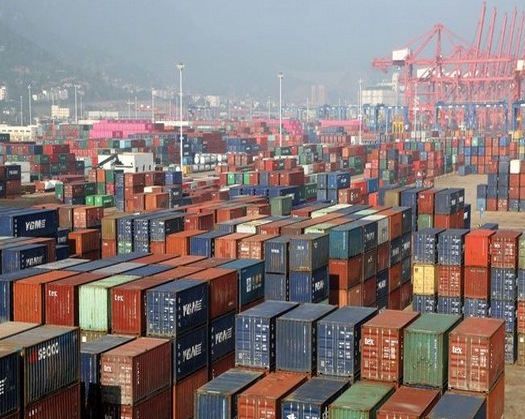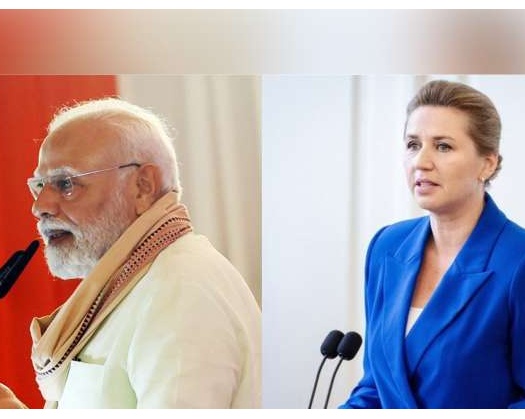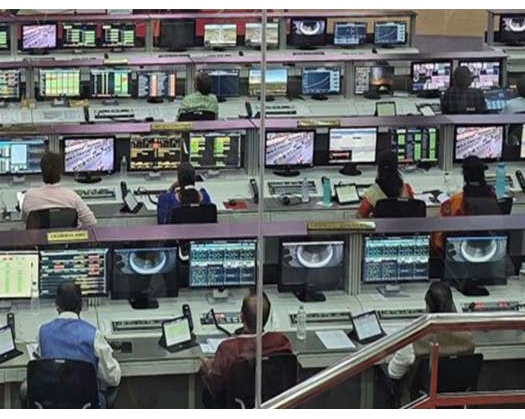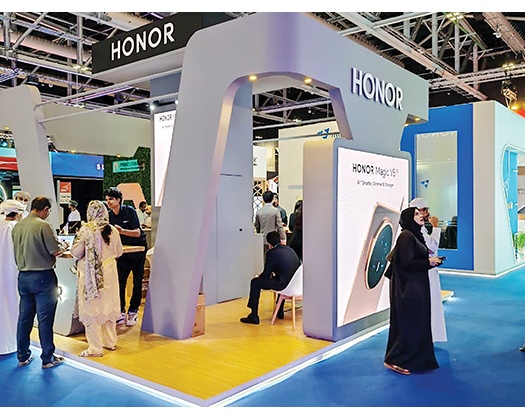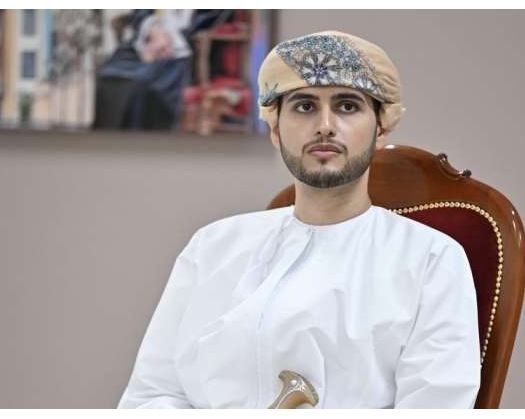Mumbai: In continuation of its engagements with Indian business entities, Oman's Minister of Commerce, Industry, and Investment Promotion, HE Qais Mohammed Al Yousef, convened with leading Indian jewelry manufacturers in Mumbai on the occasion of Saturday.
The assembly served as a platform for discussions with the India Gems and Jewellery Council, aimed at informing them about the potential opportunities available in Oman and extending an invitation to establish a manufacturing hub, leveraging the government's offerings.
Addressing the members of the Indian Jewelry Council, the minister stated, "We are currently at a pivotal stage in the negotiations for the signing of the India-Oman Comprehensive Economic Partnership Agreement. This sector holds significance not only for India but also for our region."
He further highlighted Oman's competitive edge across various sectors, including food, fisheries, aquaculture, agriculture, chemicals, metals, and minerals. The strategic geographical position of Oman was also emphasized, with world-class ports such as Duqm, Sohar, and Salalah located near major shipping lanes, connected by an extensive road network. Oman enjoys the benefits of free trade agreements (FTAs) with GCC nations and other countries, which facilitate streamlined customs procedures and access to wider markets. These advantages, coupled with the requirement for 35 percent in-country value addition, create an attractive environment for businesses. Moreover, recent FTAs with Singapore, Switzerland, and Pakistan are expected to further enhance trade opportunities in the near future.
The minister also outlined sectors where Oman has a comparative advantage, including food security, mining, logistics, tourism, and manufacturing. He underscored the organic and longstanding relationship between Oman and India, dating back 5000 years, characterized by people-to-people connections. The process of conducting business in Oman has been made more streamlined, with the option now available to complete the establishment of a company remotely.
However, he expressed a willingness to welcome visits to explore the various investment opportunities available, including tax-free zones and industrial estates. He also mentioned a residency program for foreigners, with the requirement of owning land with an area exceeding 5,000 square feet.
Participants raised questions regarding the 35 percent margin, particularly in light of the minimum threshold on gold for export, to which the minister assured a review of the matter.
Invitation
We extend an invitation to our esteemed guests to explore the industrial zones of Oman. He elaborated, "When establishing a factory, the cost of raw materials is often negligible. For those with export ambitions, industrial zones are not mandatory; instead, utilize the benefits offered by the free zones. For those targeting the GCC market, it is advisable to consider the Industrial or Economic Zones. Should you choose to sell your products within the free zones to local consumers, a customs duty of 5 percent is applicable. Our policy on Omanization mandates a minimum of 30 to 35 percent local participation, though it is permissible to implement this gradually and subject to negotiation."
He further mentioned, "We have established a national negotiating team dedicated to addressing your concerns and gaining a deeper understanding of your needs. Additionally, we have developed an Invest Oman lounge, which is integrated with 15 other governmental entities, designed to provide a comprehensive solution to all your requirements. This lounge serves as a one-stop destination for all necessary services."
Ms. Mariya Al Hashar, who leads the Tourism Sector at the Oman National Programme for Private Sector and Foreign Trade (Nazdaher), Abdullah Al Rawahi, the Section Head for Industry Analysis and Evaluation at the Ministry of Commerce, Industry, and Investment Promotion, and Jamil Albalushi, the Consulate General of Oman in Mumbai, also shared their insights during the event.

